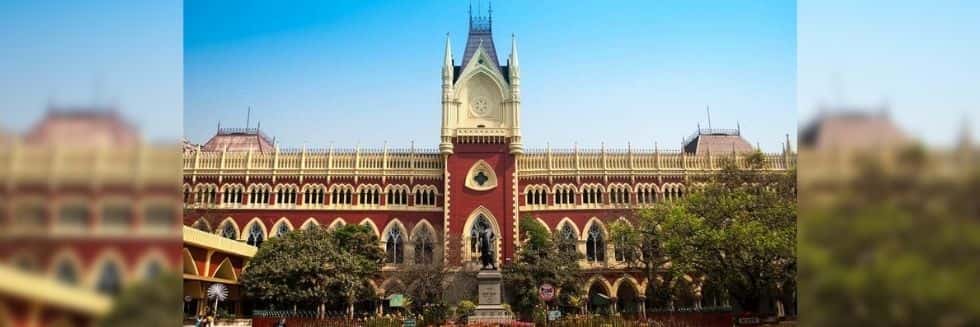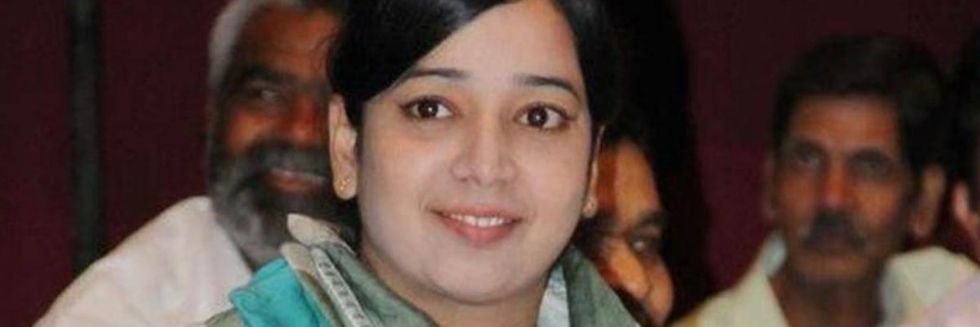In a recent order, the Supreme Court noted that taking custody of a daughter-in-law’s jewellery for safety cannot constitute cruelty under Section 498A of the Indian Penal Code.
The two judge bench comprising Justice Indira Banerjee and Justice J K Maheshwari also added that failure to control an adult brother, living independently, or giving advice to adjust to sister-in-law to avoid retaliation cannot constitute cruelty to the bride within the meaning of Section 498A of the IPC.
The bench further added that the complainant has not given any particulars of the jewellery that had allegedly been taken by her mother-in-law and brother-in- law.
There is not a whisper of whether any jewellery is lying with the petitioner, the bench added.
The bench went on to add, “There is only a general omnibus allegation that all the accused ruined the life of the complainant by misrepresentation, concealment, etc. The Appellant is not liable for the acts of cruelty, or any other wrongful and/or criminal acts on the part of his parents or brother.”
Section 498A is a powerful legal tool which aims at addressing the dowry cases. It deals with the husband or relative of the husband of a woman subjecting her to cruelty.
The woman had filed a case against the husband and in-laws, accusing them of subjecting her to cruelty. The bench was hearing the man’s appeal challenging the Punjab and Haryana High Court order. He is employed in the US and has sought permission to return.
The complaint was filed against man and his family under Section 323 (voluntary causing hurt), Section 34 (common intention), Section 406 (criminal breach of trust), Section 420 (cheating), Section 498A, and Section 506 (criminal intimidation) of the Indian Penal Code. The High Court had denied the permission.






